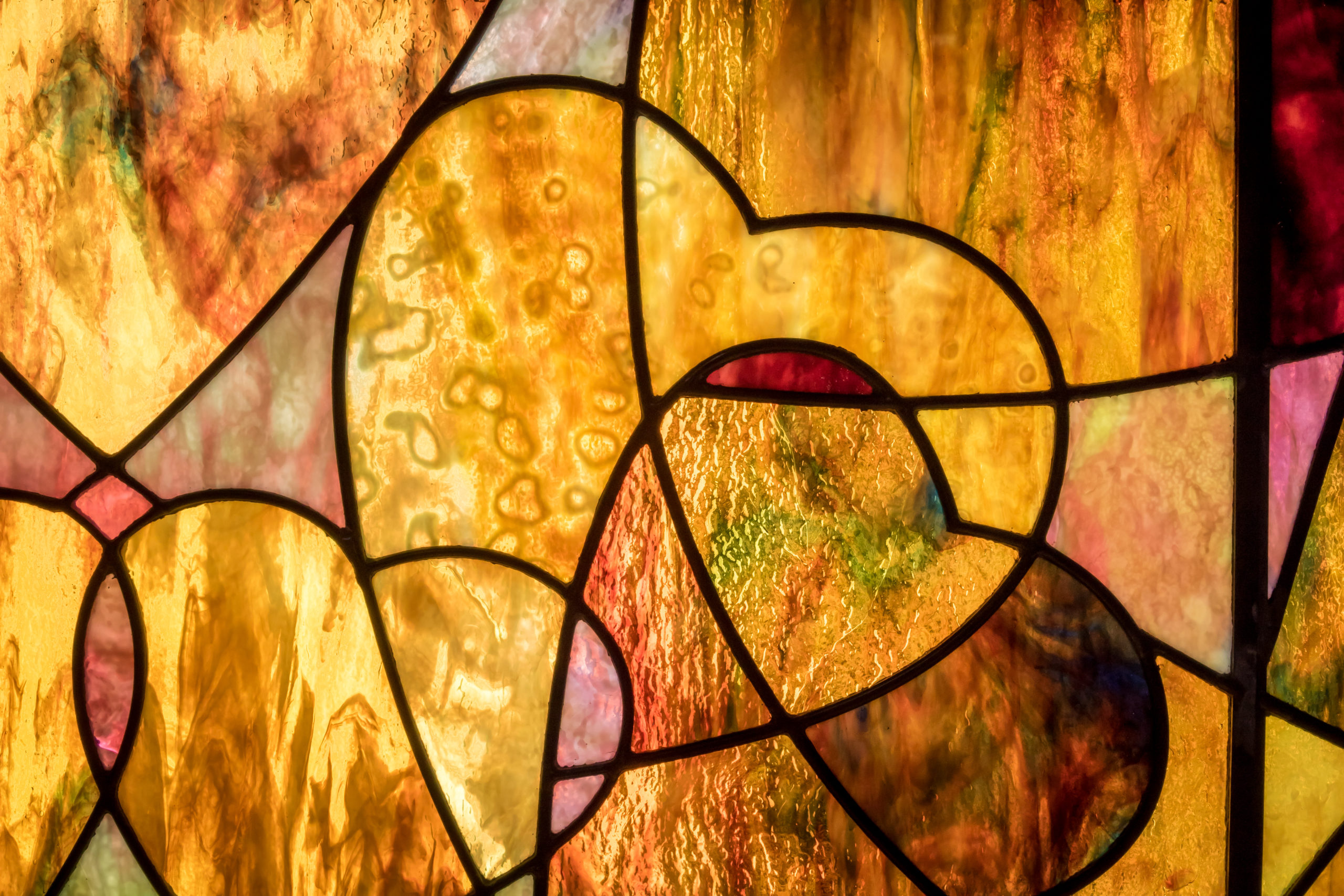Growing up Jewish in my household, there was never a question of “enough.” Divisive terms like “convert” and “patrilineal” were not part of our vocabulary. We went to synagogue, we celebrated holidays and we never differentiated between those who were born Jewish, those who became Jewish and those who were — by halacha — not Jewish at all. Our definition was much simpler: Are you dedicated to the Jewish people and their traditions? If the answer was yes, well, then, mazel tov!
In this definition, one finds most of my family, but, most importantly, one finds my mother.
My mother was always my first point of contact for Judaism. She is the one who woke me up and drove me to Hebrew school on Sundays. She is the one who prioritized my Jewish education. She is the only one who, in my whole family, attends services even when it is inconvenient. If I ever had school during the High Holidays, I apologized to Yom Kippur and ironically added missing Yom Kippur services to my list of things to contemplate on the following Yom Kippur. However, if my mother were presented with an inconvenience like a broken-down car, for example, she would still live-stream the Yom Kippur services while waiting in the breakroom of a car dealership (which she actually did just last month).
Perhaps my mom sounds like your average dedicated, loving Jewish mother. But there’s one small difference between her and other Jewish moms: She isn’t technically Jewish. She was not born Jewish, she did not convert to Judaism, but here she is, in many ways, more Jewish than me.
As a child, I could not fathom that she was not Jewish. Being Jewish was a lifestyle, not a checklist, and my mom lived the lifestyle. It was not until I was much older that I even learned there were terms for Jews like me, and once I learned them, I wished I never had. Being Jewish is one of the foundational pillars of my identity and my self-perception. But being labeled “patrilineal” by others was like someone took a blow to my identity and cracked my beautiful Jewish pillar. And then I would remember that my father was patrilineal, too, and it would feel like my foundation crumbled entirely. Could I really be Jewish if only one quarter of me was technically Jewish? Could I really walk around with a Jewish name but not be Jewish? How, then, did I even get bat mitzvahed and confirmed if I wasn’t Jewish?
I eventually learned to accept my identity. I was not lacking three quarters but made up of four equal parts that were not all Jewish in practice, but Jewish in their love and support of me. My wonderful mother is a prime example of how being raised Jewish is not reliant upon a halachically Jewish parent. How could she raise me Jewish and not be considered Jewish herself? To even get to the point of raising me Jewish, she had to put more effort into being Jewish than I ever have. I was simply born into it, but she learned. Her dedication to Judaism is not out of happenstance, but out of love — for my father, and his family, and for my brother and me.
My mother is not an exclusive example of non-Jewish parents raising Jewish kids; in my own family, I see this phenomenon reflected in both of my grandmothers. My paternal grandmother was in the same position as my mother: a non-Jewish woman who, out of love for her husband and children, learned to become Jewish and made sure her children knew how to be Jewish in a world that wasn’t. My maternal grandmother did not raise Jewish children, as neither she nor my maternal grandfather were Jewish. But, once she found out my mom was marrying a Jewish man, she found a local synagogue and enrolled in Hebrew classes, trying to learn about her son-in-law’s culture and people, even though, ironically, my family does not speak Hebrew. But it’s the thought that counts, and her love of her family and my father made her an incredible Jewish ally that helped pave the way for my Jewish upbringing.
My family is a beautiful blend of Jewish parents and, as I like to call them, non-Jewish Jewish parents. In the modern age, families are no longer culturally, ethnically and religiously homogeneous, and that’s OK! I firmly believe that we do not have to make them homogeneous either. One Jewish parent and one non-Jewish parent can still raise a beautiful Jewish family and their level of conversion, ethnicity or religiosity should not need to be a public detail. Modern lives call for modern definitions and there is no wrong way to be Jewish, as long as you are dedicated to the Jewish people and to Jewish traditions — even traditions as simple as baking challah once a year and calling it a day.
It is time that being Jewish is viewed as more of a spectrum than a fine line. There are many who would prefer to formally convert, and that’s OK. But there are also many who never formally converted but have committed to Judaism in their hearts and in their lifestyle. It is time to acknowledge that those who support their Jewish spouses and children are, in my opinion, just as Jewish as their family. To choose to be Jewish in a world that tells you that you aren’t “enough” by any definition is one of the bravest choices anyone can make.



